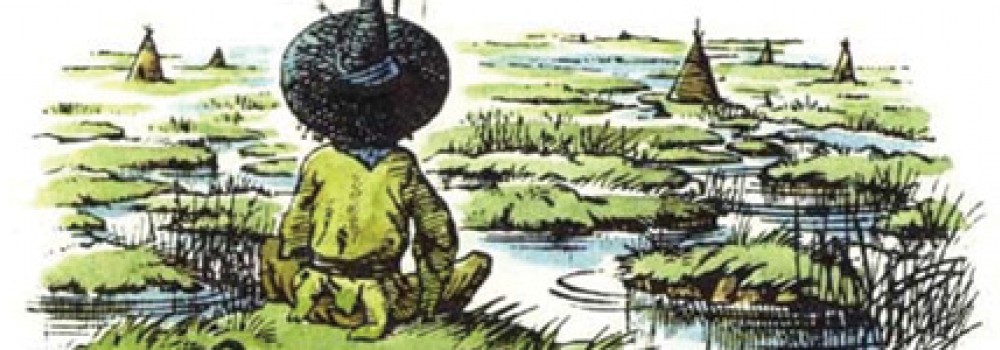The Silver Chair is one of my favorite books from C.S. Lewis’ series The Chronicles of Narnia. The main characters are not your typical heroes, and most of the story is set in the less prominent and darker places in Narnia.
In one of the key moments in the book, the main characters find themselves readying to escape the Underland, the underworldly lair of the evil Green Witch. She tries to stop them and does so by slowly hypnotizing them into believing there is no other world than the Underland, that no Narnia exists, and that their rescue mission—the very reason they were there and are now escaping—was nothing but dream and fantasy.
She nearly succeeds.
There’s plenty of that same hypnotism present in the real world today. When we hope for a better life than what we now have, do work that has social impact, build a future that seems impossible with current conditions, believe in worlds beyond our own, or cling hard to hope-filled faith, it doesn’t take long before we’re tested by the temptation to believe that they’re nothing more than fairytales.
After all, it’s much easier to give up on something (a belief, a life mission, or a goal), not when it’s hard, but when it looks like it’s not real or won’t ever be real.
It’s a very powerful spell.
But this is why Puddleglum, one of the main protagonists in The Silver Chair, is one of my favorite fictional characters of all time. He’s a swamp creature with no particular strengths, and a perpetual pessimist described as somewhat of a “wet blanket”. In short, an unlikely hero. But in this part of the story, he musters the courage to help his friends break out of the Green Witch’s enchanting spell, hurting himself in the process.
Then he goes on to reply to the Green Witch.
…the pain itself made Puddleglum’s head for a moment perfectly clear and he knew exactly what he really thought. There is nothing like a good shock of pain for dissolving certain minds of magic.
“One word, Ma’am,” he said, coming back from the fire; limping, because of the pain. “One word. All you’ve been saying is quite right, I shouldn’t wonder. I’m a chap who always liked to know the worst and then put the best face I can on it. So I won’t deny any of what you said. But there’s one more thing to be said, even so. Suppose we have only dreamed, or made up, all those things—trees and grass and sun and moon and stars and Aslan himself. Suppose we have. Then all I can say is that, in that case, the made-up things seem a good deal more important than the real ones. Suppose this black pit of a kingdom of yours is the only world. Well, it strikes me as a pretty poor one. And that’s a funny thing, when you come to think of it. We’re just babies making up a game, if you’re right. But four babies playing a game can make a play-world which licks your real world hollow. That’s why I’m going to stand by the play world. I’m on Aslan’s side even if there isn’t any Aslan to lead it. I’m going to live as like a Narnian as I can even if there isn’t any Narnia. So, thanking you kindly for our supper, if these two gentlemen and the young lady are ready, we’re leaving your court at once and setting out in the dark to spend our lives looking for Overland. Not that our lives will be very long, I should think; but that’s a small loss if the world’s as dull a place as you say.”
Notice that Puddleglum doesn’t insist on the reality of another world other than the Underland. He doesn’t defend it. Instead, he insists on living a certain way regardless of. And when you think about it, it’s a very brave way to live:
It’s doing work towards a goal that’s worth the shot even if you fail. It’s giving your life to a mission where the attempt is itself fulfilling. It’s living based on values, a principled lifestyle that’s rewarding whether you see its fruits in this life or not.

